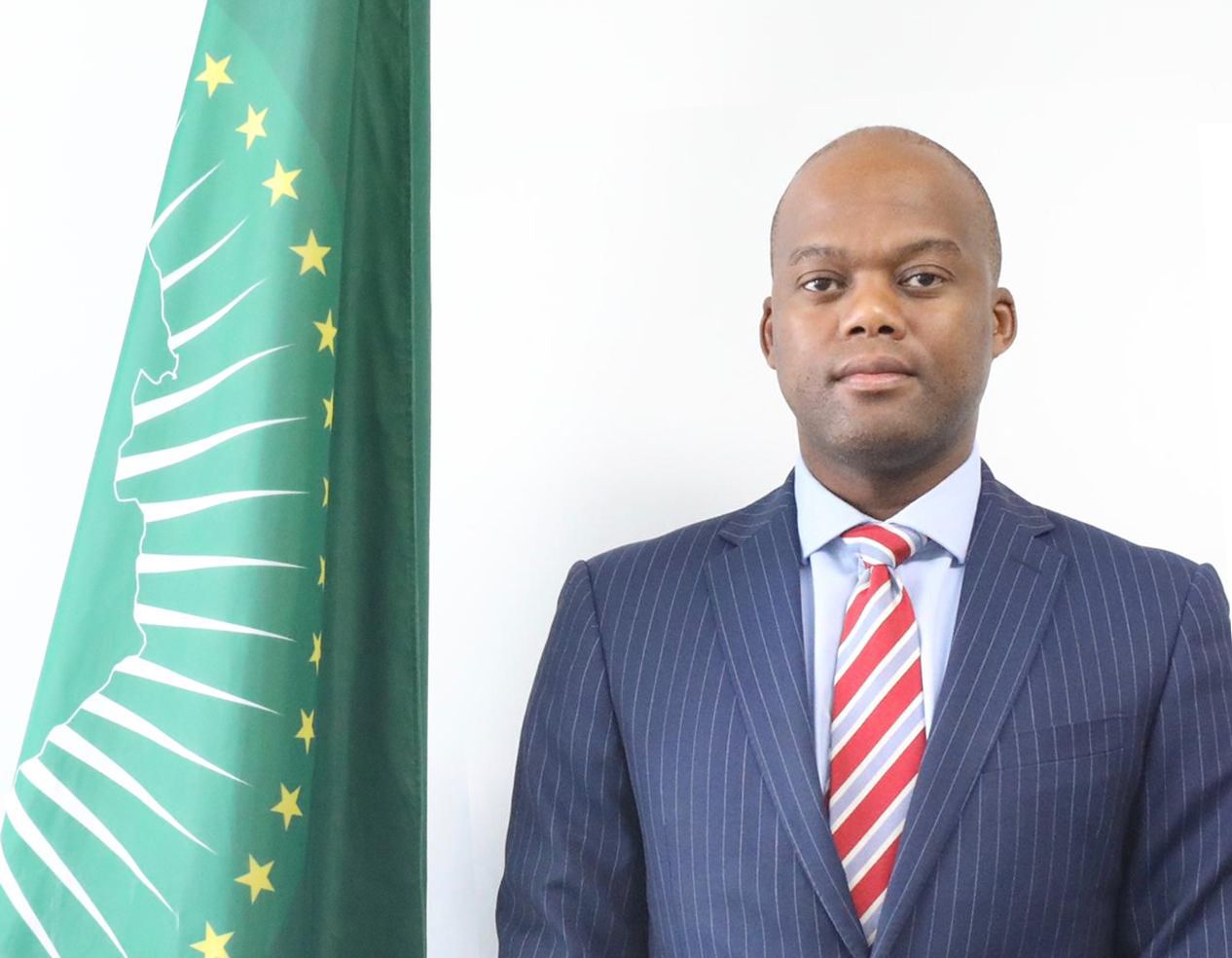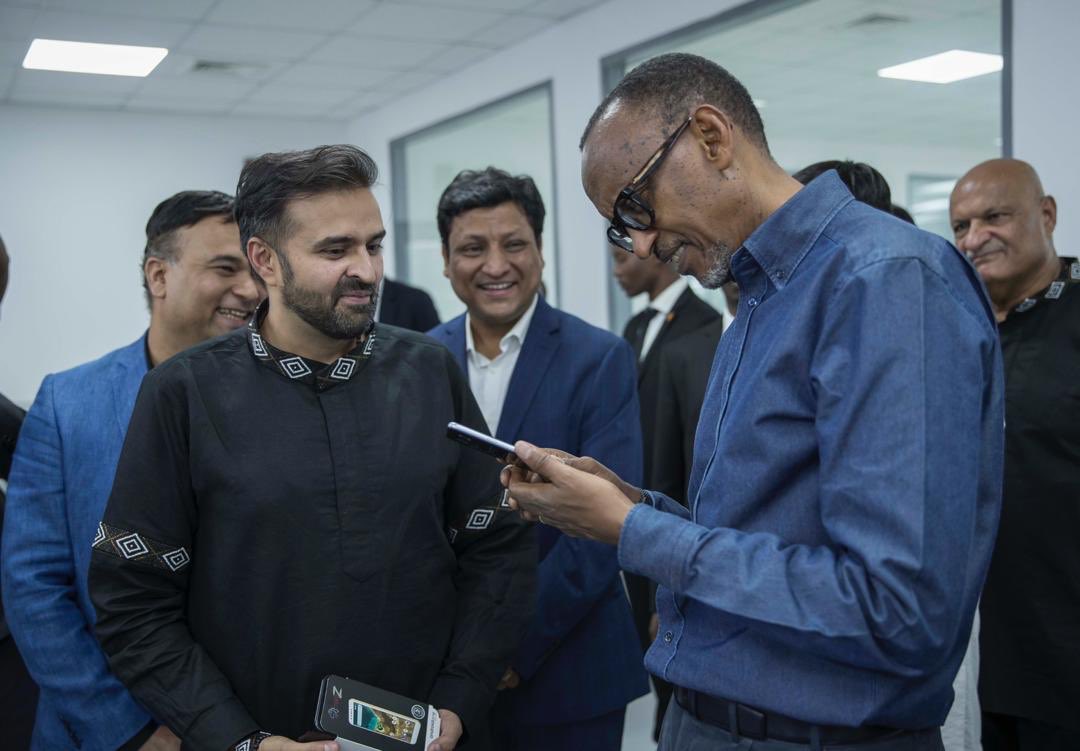AfCFTA Fully Supports Bid of Made in Africa to Buy Vlisco
Efforts by Made in Africa to buy over global textile manufacturing firm Vlisco to help deepen regional competitiveness in the textiles and clothing sector has received the backing of the African Continental Free Trade Area (AfCFTA) Secretariat. According to the Secretariat, “our strategic partner, a leading African financial institution, supported a $200 million bid by Made in Africa to purchase Vlisco, a textile company that sells almost exclusively in Africa. Whilst we respect the rights of parties in a private transaction, as a matter of public interest for Africa’s market integration, regional and global competitiveness, we do find it curious that the bid of Made in Africa was rejected by the seller. We totally support the bid by Made in Africa, which is financially backed by one of the leading trade finance banks in Africa”.

The objective of the AfCFTA is to accelerate industrialisation in Africa, consolidate an integrated market of over 1.3 billion people with a combined GDP of US$3.4 trillion and to place Africa on a sustained path to regional and global competitiveness. At the heart of Africa’s global and regional competitiveness is the textiles and clothing sector. This sector employs thousands of Africans, mainly women and contributes to Africa’s industrialisation.
Read also: African Business Council Applauds Start of African Continental Free Trade Area (AfCFTA)
Whilst we respect the rights of parties in a private business transaction to structure their business transactions as they see fit, we do believe that the sale of Vlisco to Made in Africa, is in the broader economic and trade interests of Africa, hence as the AfCFTA Secretariat we are following this matter closely. We therefore urge the successful conclusion of this transaction in favour of Made in Africa, which is backed by the leading financial institution, and led by Mr. Kojo Annan, the entrepreneurial son of the late Mr. Kofi Annan, along with other African fashion and business luminaries.
“We cannot express a value judgement as to the reasons for the bid of Made in Africa – which was the higher bid – being rejected. We do however firmly believe that where an African company puts forward a formidable bid for a foreign company that appears to profit exclusively from sales to Africa, supported by a leading African trade finance bank, the African company has a reasonable expectation to successfully conclude the transaction in favour of Africa” says Wamkele Mene, Secretary General of AfCFTA.
Read also: Will China help or hurt the AfCFTA?
We strongly urge reconsideration of this matter, the entire African continent and business community of Africa is following this matter very closely, African entrepreneurship and global competitiveness must be treated fairly.
Kelechi Deca

Kelechi Deca has over two decades of media experience, he has traveled to over 77 countries reporting on multilateral development institutions, international business, trade, travels, culture, and diplomacy. He is also a petrol head with in-depth knowledge of automobiles and the auto industry




